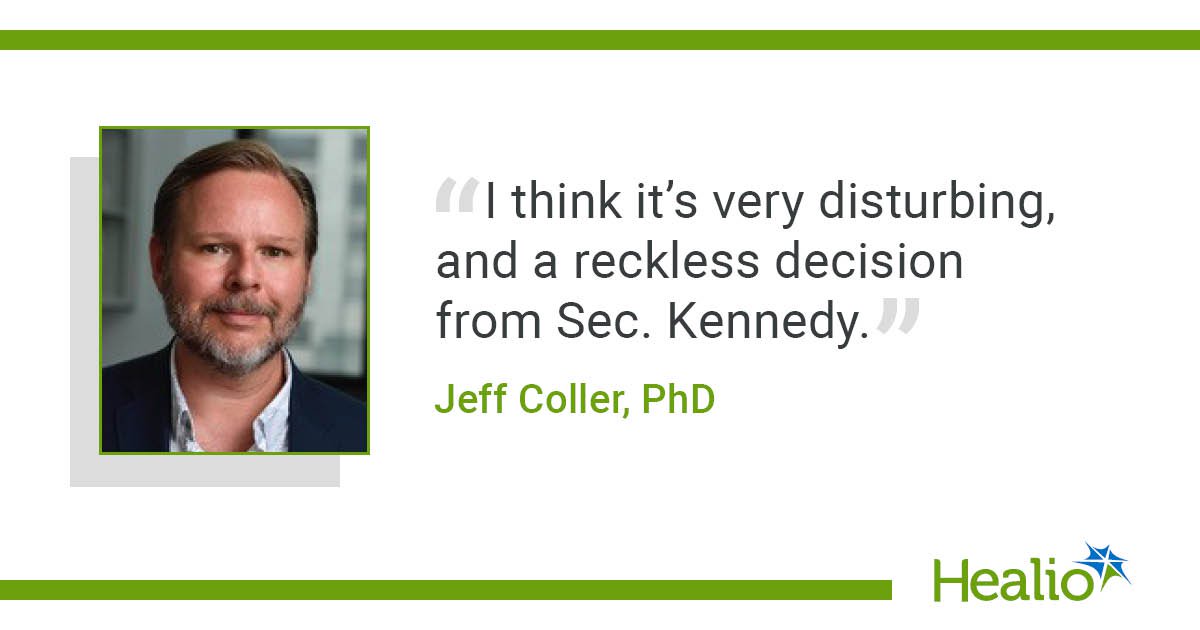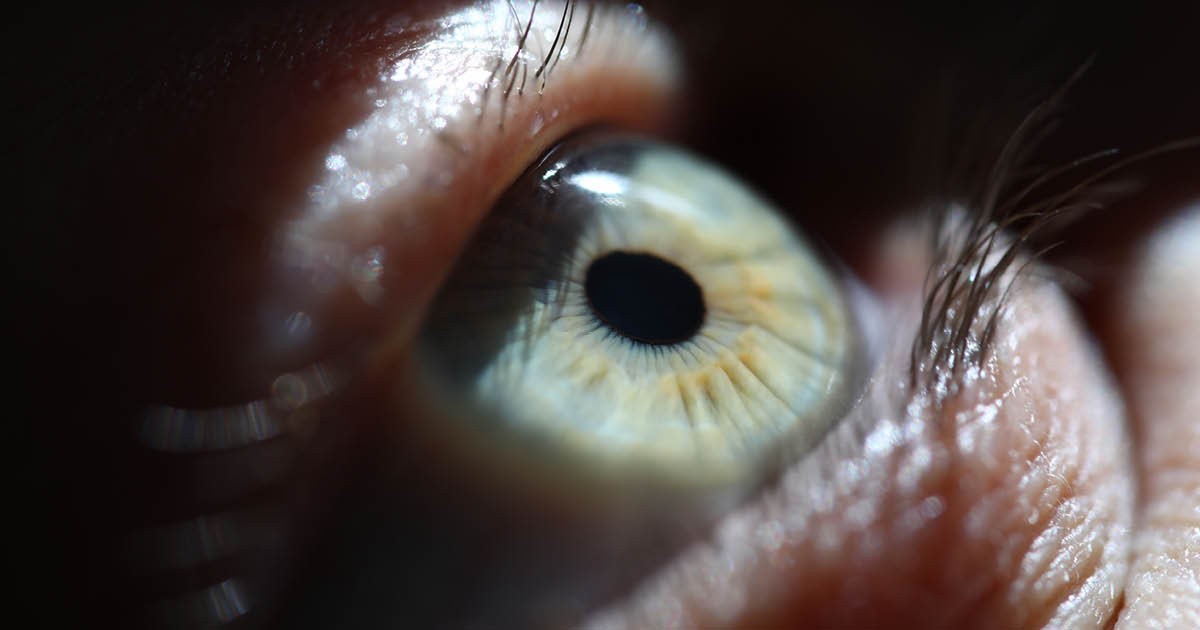August 07, 2025
2 min read
Key takeaways:
- HEPA filtration was linked to lower blood pressure in people with systolic BP of 120 mm Hg or more.
- Air filters may benefit the cardiovascular health of individuals living near high-volume roadways.
Air purifiers may help improve blood pressure control among people living with high concentrations of airborne particulate matter, such as near high-volume roadways, researchers reported.
Approximately one-quarter of Americans live near high-volume roadways, according to a study published in the Journal of the American College of Cardiology.

Researchers conducted a randomized crossover trial evaluating the impact of high-efficiency particulate arrestance (HEPA) on BP vs. sham among people living near Interstate Highway 93 in and around Boston.
“We had been studying the effects of air pollution next to highways in this and other
communities. Community members wanted us to do something about the problem, so we started pilot clinical trials of air purifiers, then this full-scale trial to see if we could offer them something of benefit,” Doug Brugge, PhD, MS, professor and chair, department of public health sciences and Health Net Inc. endowed chair in community medicine at University of Connecticut Health Center, told Healio. “The prevailing evidence suggests particulate matter affects the autonomic nervous system.”
HEPA vs. sham filtration for BP control
The researchers enrolled 154 participants (mean age, 41 years; 60% women; 68% white) via door-to-door recruitment or word of mouth from September to April, when the levels of highway-generated particulate matter (PM) tend to be higher, according to the study. Residences were randomly assigned to start 1 month of HEPA filtration or 1 month of sham filtration. After a 1-month washout period, participants switched to the alternate filtration, HEPA or sham.
Participants were excluded if they were currently using tobacco or e-cigarettes; had a history of CVD, CV medication use or recent cancer or COVID-19 diagnosis; had occupational exposure to traffic pollution; or had significant combustion sources other than cooking appliances in the home.
Custom-made HEPA air purifiers (HealthMate) designed to only filter out PM were installed in participants’ bedrooms and living rooms. Participants were encouraged to keep doors and windows shut as much as possible.
Questionnaire data and BP were collected at four points throughout the study, at the start and end of each filtration period.
BP data favor HEPA filters
Brugge and colleagues reported the HEPA filters improved indoor PM exposure vs. sham and outdoor PM measures, and its impact on BP varied by baseline BP (P = .03).
Participants with brachial systolic BP of 120 mm Hg or more had an average reduction in BP of 2.8 mm Hg with HEPA filtration (P = .03), whereas participants with a systolic BP of less than 120 mm Hg experienced no significant change.
“It is likely that people with normal blood pressure just don’t have much ability to reduce it further,” Brugge said.
The net result of HEPA filtration was a mean 3 mm Hg BP reduction favoring filtration over sham (P = .04), as participants assigned to sham filtration experienced a mean 0.2 mm Hg increase in systolic BP (P = .85), according to the study.
“In general, health care providers could be more aware of environmental factors for their patients. For patients with elevated blood pressure, they could ask about where they live and what exposures to combustion products they experience and suggest air purifiers as one way to reduce these exposures,” Brugge told Healio. “The design of this study, together with our ability to control for most potential confounders, including two time-varying confounders, outdoor temperature and psychosocial stress, gives us confidence that this benefit is causal.”
For more information:
Doug Brugge, PhD, MS, can be reached at brugge@uchc.edu.









